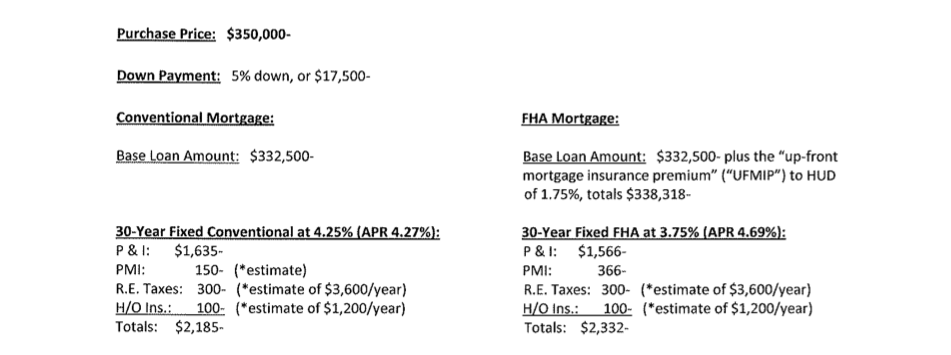The Break Down of Title Searches
Posted by Tom Crimmins Realty, Ltd. on
Be Aware that You Can Save Money by Choosing Your Own Title Insurance Service
What is Title Insurance?
Title insurance is usually required by the lender to protect against loss resulting from claims by others against your new home. In some states, attorneys offer title insurance as part of their services in examining title and providing a title opinion. In other states, a title insurance company or title agent directly provides the title insurance.
To save money on title insurance, compare rates among various title insurance companies. Under RESPA, the seller may not require you, as a condition of the sale, to purchase title insurance from any particular title company. Generally, your lender will require title insurance from a company that is…
1998 Views, 0 Comments


